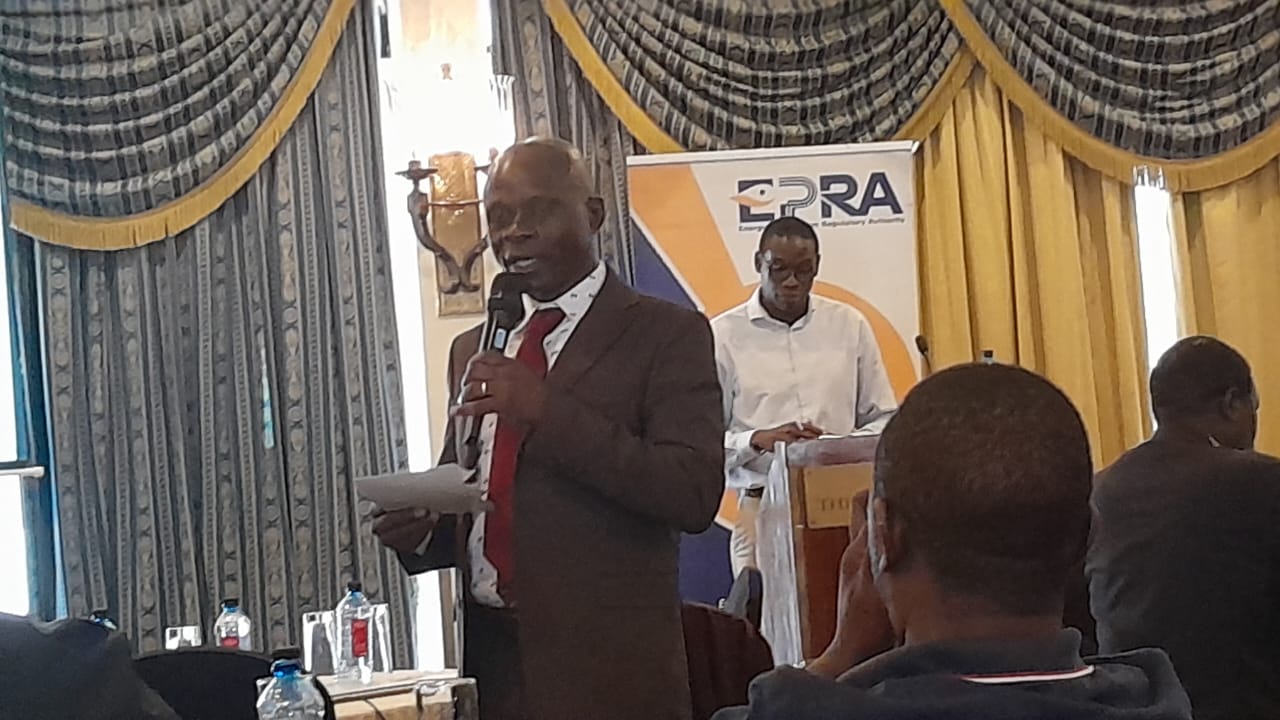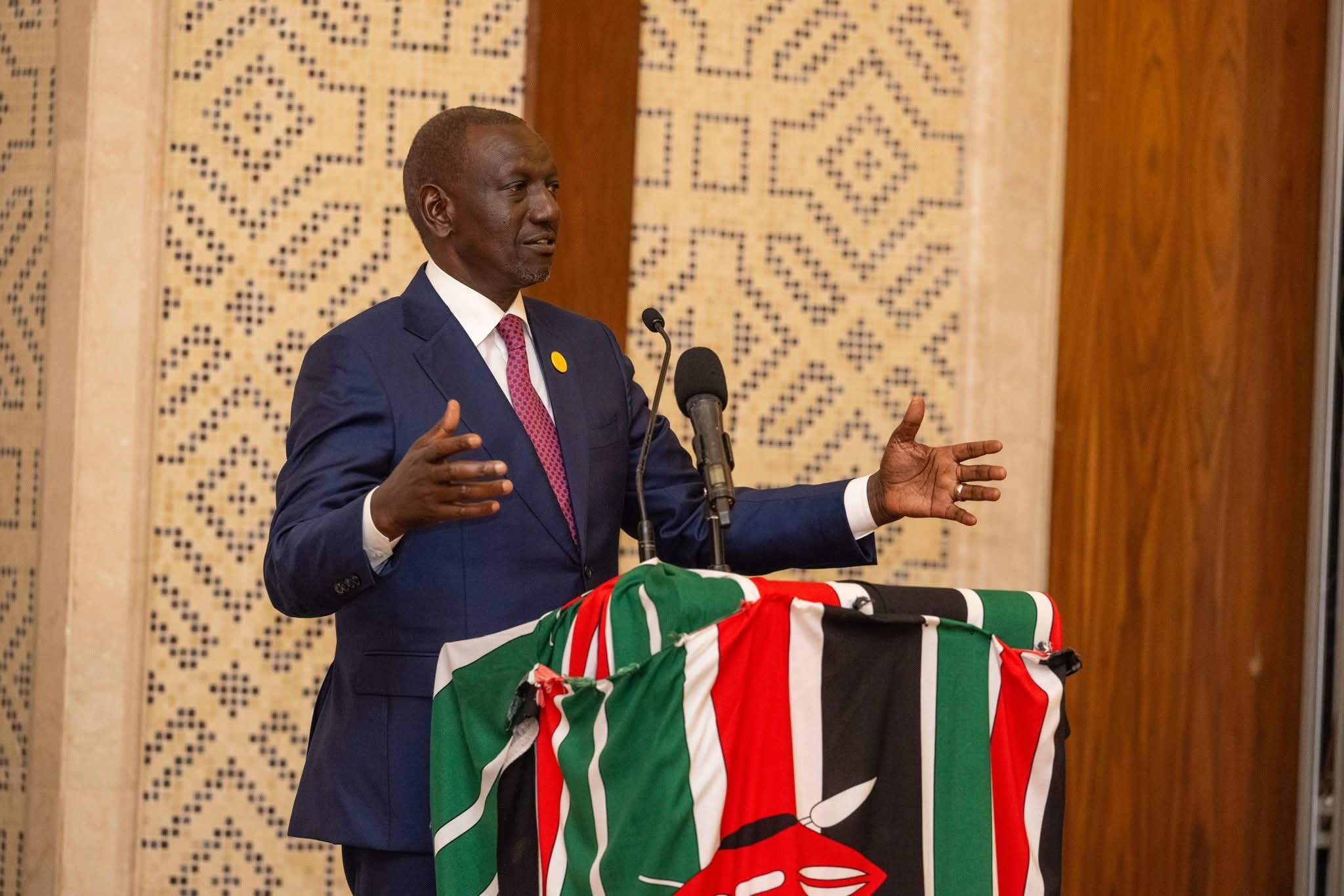
 David Choi from Epra speaks during workshop organised as part of a campaign to raise risk awareness. /HANDOUT
David Choi from Epra speaks during workshop organised as part of a campaign to raise risk awareness. /HANDOUTLocal gas handlers and transporters have been cited among stakeholders heightening unsafe practices, contributing to increased petroleum and LPG-related accidents.
While gas vendors and transporters–colloquially referred as ‘Kimani was gas’–play an important role in ensuring cooking gas is accessible in neighbourhoods, many are operating without proper licensing or a full understanding of safety protocols, which could lead to tragic outcomes.
During a stakeholder forum in Nairobi, the Energy and Petroleum Regulatory Authority (Epra) highlighted that consumers often bear the brunt of these unsafe practices.
David Choi from Epra said accidents are not random occurrences but are caused by breaches in the transportation system framework.
Choi emphasised the need for all stakeholders—from the road to the household—to comply with regulations to prevent mishaps.
Other factors Choi underscored were the type of carrier used in transporting gas, saying gas cylinders—whether in a truck or on two-wheelers—must be transported upright, unlike the common scenario where riders pile cylinders horizontally on motorbikes.
The agency emphasised that cylinders should not be transported or stored horizontally because of the significant risk of a gas leak or fire.
The workshop was organised as part of a campaign by Epra to raise risk awareness among energy and petroleum users and reduce avoidable accidents.
According to the authority, mishaps not only result in loss of lives, Sh15 million per transporter is lost on the prime mover, in the rescue process and clean-up activities, in addition to the ripple effects on related economic activities.
Jastus Okwika, Senior Petroleum and Gas Officer at Epra, emphasised that accidents are not merely by chance, but caused when a breach occurs in the transportation system framework.
“In terms of road safety, we put at the back of our mind what is fundamental: that these accidents are caused. Therefore, as much as they are unplanned, there must be a framework to address any unlikely situation where the accident occurs,” Okwika said.
According to the agency, Sh15 million—covering losses on the prime mover, rescue operations and clean-up activities, along with broader economic ripple effects—is lost per transporter whenever an accident occurs.
“What businesses lose directly is huge, but again what is very fundamental to us as a regulator is that it is not only you as the transporter that has lost. it is the entire supply chain that has lost. You deny people business opportunities.”
The forum, which brought together petroleum transporters, licensers, and state agencies like the Kenya Bureau of Standards, the National Transport and Safety Authority (NTSA) and the Kenya National Highways Authority (KeNHA) addressed the need for better regulation and compliance.
But while Epra is pushing for stricter adherence to safety standards, small business owners underscored the need for a collaborative approach that addresses the concerns of all stakeholders to create a safer and more efficient distribution system for cooking gas.
Business owners protested what they called "overregulation" from the authority, arguing that unlike large brands, independent petrol station owners face hurdles in selling gas.
To plug the gap, neighbourhood kiosks stepped in to sell gas in residential areas, supplying households that would otherwise be underserved.
This in turn presents a complex challenge: balancing the need for safety regulations with the practical realities of ensuring access to a vital energy source for the public.




















